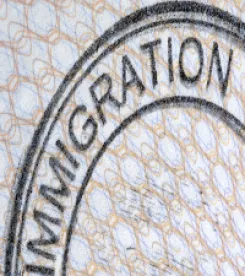As legislators continue to debate the outline of an expected compromise on comprehensive immigration reform, efforts to make E-Verify mandatory for employers across the nation recently led to the introduction of two new bills in the Senate and House of Representatives.
Introduced on February 4, 2013, and sponsored by Congressman Phil Gingrey (Republican – Georgia), House Representative Bill 478 seeks to amend the Illegal Reform and Immigrant Responsibility Act enacted in 1996 by making the E-Verify program “permanent and mandatory.” A few days earlier, Senator Charles Grassley (Republican – Iowa) and ten colleagues sponsored Senate Bill 202 to “expand the use of E-Verify, to hold employers accountable, and for other purposes.” In introducing the measure, Senator Grassley asserted the urgency of mandatory worksite enforcement, stating: “My legislation would increase penalties on employers who continue to hire people unauthorized to work in the country. Employers would be required to check the status of current employees within 3 years, and would allow employers to run a check prior to offering a job, saving that employer valuable time and resources. Employers will also be required to re-check those workers whose authorization is about to expire, such as those who come to the United States on temporary visas. While everyone may not agree with every aspect of this bill, it serves as a starting point for a much-needed conversation about worksite enforcement. The President and many members in Congress are going to make it a priority to pass an immigration reform bill this year. We need to act. We need change. We need a better system in place for future generations.”
Critics of E-Verify point to the program’s approximate 1.5 percent error rate in verifying employment eligibility, which may affect as many as 1.5 million people. Although the final resolution of immigration reform remains to be seen, an expanded role for E-Verify, currently mandatory in the federal government and in certain states and localities only, appears to be inevitable.



 />i
/>i

